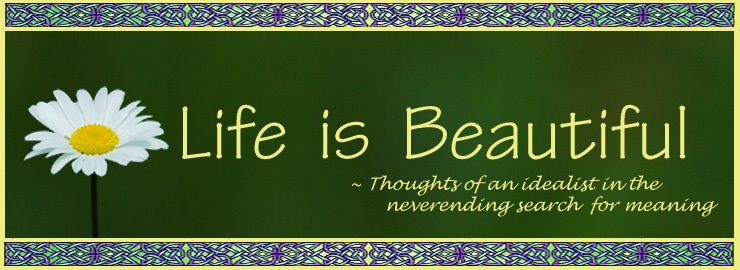
(Photo by Jason Evans)
Though the nursing center is modern and current events are blaring from TVs, I was constantly reminded of the era that shaped the residents. There was a curious duality in the Octogenarians and Nonagenarians wearing Nikes and toting CD players. Those moments when evidence of their vintage broke through are some of my most treasured memories. I'll start with Milly...
Milly
Milly was a happy, fun-loving, easy-going woman who raised 8 or 9 children on her farm in rural Pennsylvania. She had suffered a stroke which left her hemiplegic-- with little or no function of her left arm and leg. We could bathe and dress her in bed easily, but she required two aides to help her stand and pivot into her wheelchair.
No one minded the interruption when called to help with the transfer. Because Milly was a joyful soul, with wonderfully contagious laughter. Actually, the stroke damaged her emotion control center, leaving her with emotional lability: inappropriate (often exaggerated) expression of emotion. When Milly laughed, everyone laughed, then Milly would laugh harder and so on. She was known to exclaim that she had peed because she was laughing too hard, which would require a change of her "diaper." So the regular aides knew to get the laughter out before finishing the bathing and dressing routine.
When I first met Milly, two aides were in the process of helping her into her chair and laughter filled the room. Something was said that inspired a great guffaw from Milly, which sent her dentures flying across the room! Naturally this resulted in more laughs and by the time we had her dry and seated, we all were wiping the tears from our faces.
At the start of summer, a young girl who was studying nursing at the local university took a summer job as an aide. Darla was African-american, and from the city. She clearly had the disposition for nursing, and was immediately accepted by the staff. So, at the end of her first day of training, we sent her to answer Milly's call light (Milly was an "easy" resident-- generally happy and not medically complex).
Darla shuffled down the hall and disappeared into Milly's room. Next came an ear-splitting shriek and we saw Darla backing into the hall with a mixture of shock, concern, and resigned amusement on her face as Milly shouted, "Help! She escaped! Send her back on the boat!"
After a moment of confusion (we weren't accustomed to hearing Milly angry or scared), Darla looked at us and we all erupted into laughter. It was a sudden reminder of the generational differences. Milly was scared. Because she had not been exposed to cultural diversity in her quiet, rural life.
By the end of the summer, Milly enjoyed Darla's care, and was sad to say goodbye when fall semester resumed.




